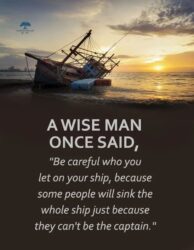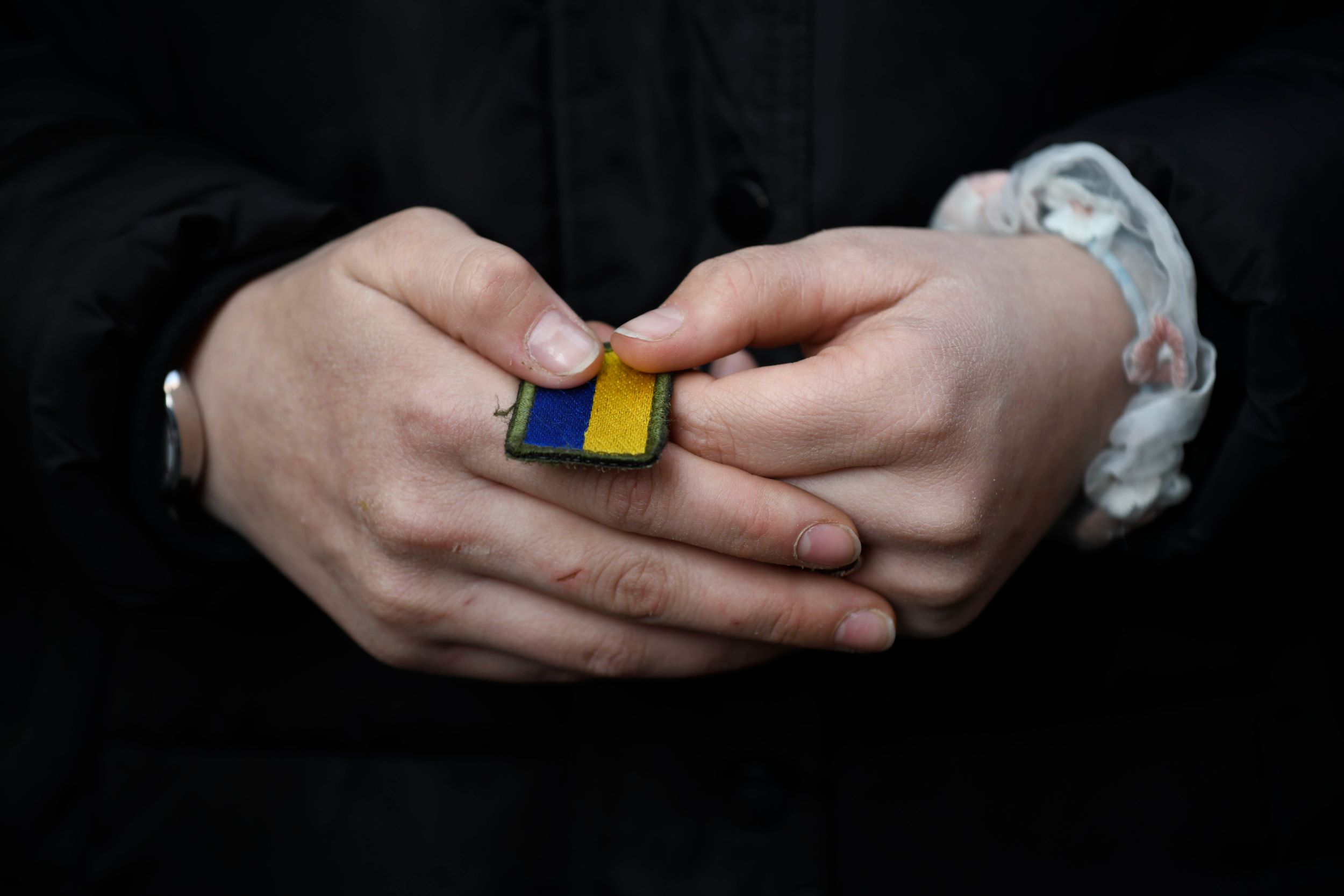„Blood reserves are thawed out“
As with 9/11, many people will remember the day of the Russian invasion of Ukraine. For top politicians in the traffic light coalition, too, the start of the war is a drastic experience. For the first time, they are giving a very personal account of how they experienced those days a year ago.
Economics and Climate Protection Minister Robert Habeck had already been informed by the U.S. Embassy in Berlin on the eve of the Russian invasion of Ukraine about the imminent invasion. In the early evening, he received a visit from the U.S. Embassy at the ministry, the Green politician told Stern magazine. „I received a dossier from which it emerged: ‚Tonight it will happen. The blood is thawed, the rocket launchers are loaded, the vehicles are marked, and the troops are clearly moving toward the border. It was clear: the war is coming, it is becoming a bitter reality.“ Russian troops had entered the neighboring country a year ago, on the morning of February 24, on the orders of President Vladimir Putin.
 In her own words, German Foreign Minister Annalena Baerbock can still remember the morning very clearly: „It took me a moment to classify the vibrating of the telephone as real. At 4:51 a.m., the first explosions were reported in Kiev. At 4:59, my office manager was on the phone. I said: please don’t,“ Baerbock recounts in the „Stern“ documentary. That the war could start, she says, was always clear. „But when it happens, it still takes your breath away at first.“ She then got dressed and went to the Foreign Office.
In her own words, German Foreign Minister Annalena Baerbock can still remember the morning very clearly: „It took me a moment to classify the vibrating of the telephone as real. At 4:51 a.m., the first explosions were reported in Kiev. At 4:59, my office manager was on the phone. I said: please don’t,“ Baerbock recounts in the „Stern“ documentary. That the war could start, she says, was always clear. „But when it happens, it still takes your breath away at first.“ She then got dressed and went to the Foreign Office.
In the course of the day, numerous telephone calls and conferences followed. In the afternoon, Baerbock then had her first opportunity to speak on the phone with her Ukrainian counterpart Dmytro Kuleba. „We had met often in the weeks before, spoken even more often. At such moments, you naturally think about the fact that he has children, too,“ Baerbock recounts. A day later, Kuleba was also on video at the special meeting of EU foreign ministers in Brussels. „He thanked us for taking the time,“ Baerbock recalls. „I just thought, how surreal. We’re sitting here warm and safe in Brussels, he’s sitting in a basement in Kiev secured with sandbags. And he said, thank you.“
„An attack doesn’t make sense after all“
Even the weekend before the war began, the unanimous opinion at the Munich Security Conference had been: Putin will not do it, says Chancellery Minister Wolfgang Schmidt. Many participants said: „An attack makes no sense, Putin will not be able to take and occupy Ukraine, even 150,000 soldiers are not enough. Selenskyj still said in his speech on Saturday: there will be no invasion.“
SPD Chairman Lars Klingbeil also didn’t think Putin would really attack. „I always believed it could still be averted,“ he told Stern. The realization on Feb. 24 was all the harder, he says. „I woke up in the morning and had the message on my cell phone: war is breaking out,“ Klingbeil recounts. „After all, I’ve been shaped by 9/11, when I lived in New York, where it quickly became clear: Something very, very big is happening here, and it’s going to shape our lives.“ That was the case that morning, he said. „It’s a tectonic moment, it shifts everything, it’s not over in two weeks either.“
„Life changes completely. Almost all dates in the calendar: canceled,“ says Interior Minister Nancy Faeser. Everything aligns with the war. „I was in the meetings and shifts of our crisis team every morning from day one, every day for months.“ To her son, who was seven years old at the time, Faeser explained „what war means for people, that it leads to a lot of people being very bad off and some of them fleeing to us in Germany.“ People don’t get to think about the scale of what is happening, the SPD politician said. „The most important thing is to function.“
